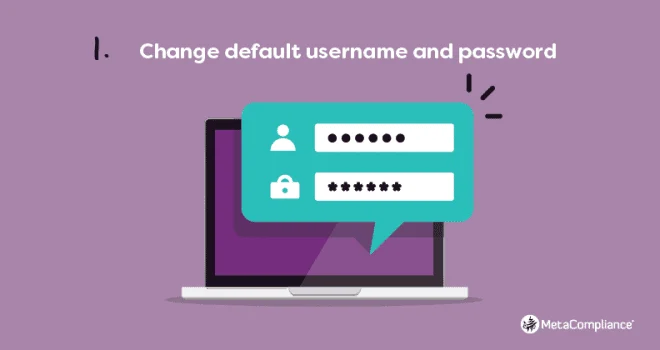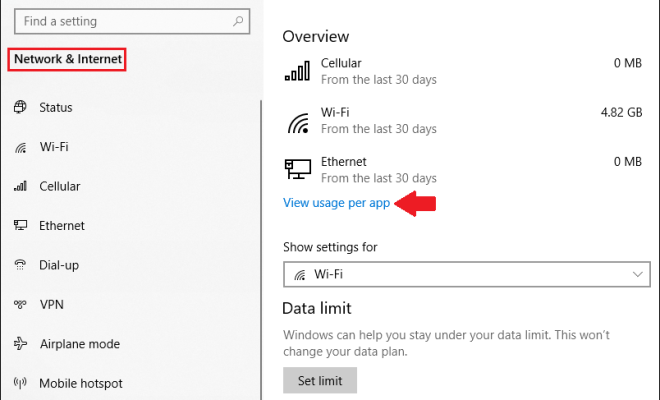Taking Mucinex During Pregnancy: What to Know

Introduction:
As an expectant mother, it’s essential to be cautious about the medications you take during pregnancy. One common medicine people consider using to manage cold and allergy symptoms is Mucinex. In this article, we’ll explore the safety and potential risks of taking Mucinex during pregnancy.
WhatisMucinex?
Mucinex is an over-the-counter medication that contains the active ingredient guaifenesin. Guaifenesin is an expectorant designed to thin and loosen mucus in the airways, making it easier for individuals with congestion to breathe and expel mucus.
Is Mucinex Safe During Pregnancy?
According to the U.S. Food and Drug Administration (FDA), Mucinex is classified as a category C drug for pregnant women. Category C means that there haven’t been enough well-controlled studies in humans to determine the risk or safety of the drug during pregnancy. While some animal studies have shown adverse effects on the fetus, these outcomes may not necessarily occur in humans.
Many healthcare providers believe that short-term use of Mucinex during pregnancy is likely safe when used as directed and only when necessary. However, since conclusive data regarding its safety is lacking, it’s crucial to consult your healthcare provider before using Mucinex while pregnant.
Potential Side Effects:
Pregnant women who use Mucinex may experience common side effects such as dizziness, headache, nausea, and vomiting. If you notice severe side effects like rapid heartbeat or difficulty breathing after taking Mucinex, contact your healthcare provider immediately.
Alternatives for Managing Cold and Allergy Symptoms:
If you’re concerned about using medication during pregnancy, there are alternative ways to achieve relief from cold or allergy symptoms:
1. Use saline nasal spray – This can help alleviate congestion without medication.
2. Take warm showers – The steam can help with congestion.
3. Drink plenty of fluids – Staying hydrated aids in loosening mucus and preventing dehydration, which is particularly important during pregnancy.
4. Use a humidifier – This can help add moisture to the air, easing congestion and making it more comfortable to sleep.
Conclusion:
While short-term use of Mucinex during pregnancy is likely safe for most women, it’s crucial to consult your healthcare provider before taking any over-the-counter medication during this delicate period. Always follow your provider’s recommendations, explore alternative remedies when possible, and prioritize your health and the health of your growing baby.






